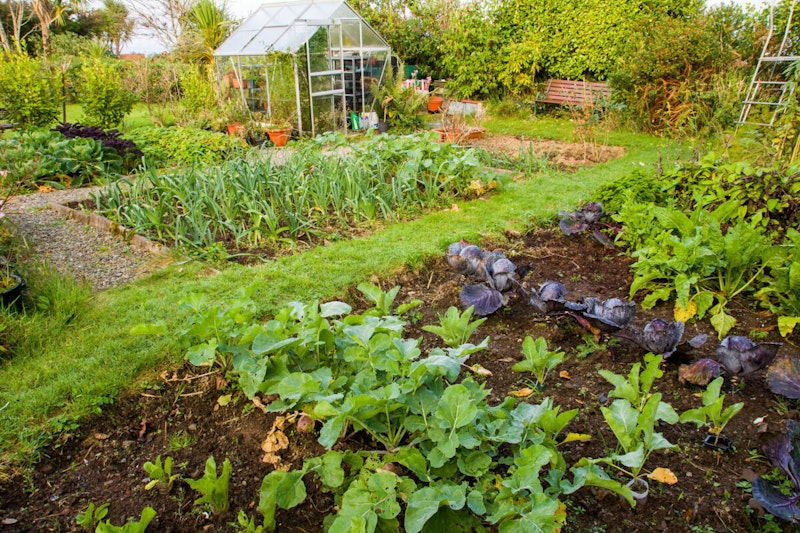Study Notes
GCSE Geography | Food Miles and Carbon Footprints (Resource Management - UK Overview 2)
- Level:
- GCSE
- Board:
- AQA, Edexcel, OCR, Eduqas
Last updated 25 May 2024
In the UK we import around 45% of our food. This leads to an increase in food miles and an increase in the carbon footprint of what's on our plates.
Food miles
The distance your food travels from field to fork is known as food miles – and the greater these are then the bigger the impact on the planet. Bananas coming from the Caribbean are travelling 5,500 km to reach us, Spanish strawberries 1,600 km, blueberries from the USA 5,300 km, South African apples 9,700 km and New Zealand lamb travels 18,800 km! The total food miles covered by the food imported into the UK is over 30 billion kilometres each year. Food is transported into the UK on aeroplanes and container ships, and will travel via train or lorry beforehand and on arrival to the UK to get to wherever it is being sold.
Carbon footprint
Food miles lead to a large carbon footprint, which is the CO2 emissions given off during commercial cultivation and transporting produce. The most obvious factor would be transportation - so we would expect the produce which has travelled the most miles to have the highest carbon footprint, but it's not quite as simple as that as we also need to think about the energy that has gone into growing and processing the food in the first place, such as the farm machinery used to harvest crops out in the field, or the artificial heat and light that may have been used in greenhouses. In some cases importing food actually lowers the carbon footprint of a food product, e.g. when we grow tomatoes in the UK we have to use heated greenhouses, whereas in Spain and Italy the climate means they can just grow outside, so even when we factor in transport across the English Channel, the carbon footprint is still lower (i.e. the emissions given off by heating in greenhouses is higher than the emissions given off by transporting the tomatoes to the UK).
We also need to consider how goods are being transported - using planes to transport food emits much more CO2 than using container ships, so those bananas that have come 5,500km across the Atlantic from the Caribbean by boat, will have a much lower carbon footprint than the strawberries flown 1,600km from Spain, despite being less than a third of the distance. We do need to use plane transportation though as it is much quicker and some perishable food stuffs wouldn't last the time taken to transport overseas using ships.

How can we reduce our food related carbon footprint?
The simplest way is to reduce our imports - which would also improve our food security as we would be less reliant on other countries!
But in practical terms...
- We could choose to eat seasonal fruit and vegetables grown in the UK - as we used to
- We could choose to eat locally produced food, such as that found at a farmers' market - goods sold at farmers' markets have to be grown or produced within a certain distance (so the food miles are low!)
- We could limit what we import - i.e. only goods we can't actually grow/produce in the UK
- We could make better use of labelling to show exactly where our food has come from to enable shoppers to make informed choices about what they buy - this already happens in many pubs and restaurants who state exactly which farm their meat has come from
- We could stock only British produced meat in supermarkets (the Co-op already does this) and make better use of schemes such as the Red Tractor scheme - products with the Red Tractor logo are British produce which can be traced right back through the supply chain to the British farms they came from (they also ensure high standards of animal welfare which is a very important additional bonus!)
- We could grow our own food, either in our gardens or on an allotment - this has become increasingly popular in the UK with around a third of UK households growing some sort of produce, and is evident in the enormous waiting lists for allotments up and down the country.

You might also like

Chocolate mmm!!!!
26th February 2015
Sainsbury's go alone regarding "Fairtrade" products.
26th June 2017
Yemen famine worse than initially thought
18th October 2018
New GM crops up to 40% bigger than normal
7th January 2019
Scientists urge the EU to focus on sustainable trade with Brazil
27th April 2019
Daily Email Updates
Subscribe to our daily digest and get the day’s content delivered fresh to your inbox every morning at 7am.
Signup for emails
